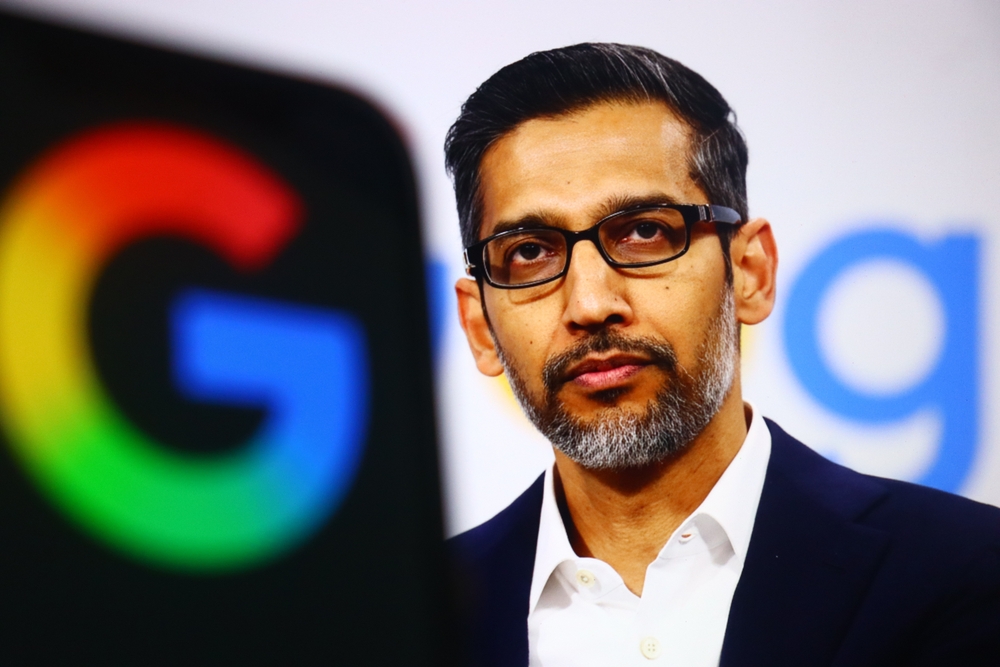Google has spent three years rebuilding its identity after OpenAI’s meteoric rise jolted the company into action.
Others are reading now
Google has spent three years rebuilding its identity after OpenAI’s meteoric rise jolted the company into action. What began as a scramble to catch up has turned into a sweeping reinvention — though big questions still shadow the future of Search and the wider web.
A wake-up call
The launch of ChatGPT in late 2022 punctured Google’s long-held belief that it sat unchallenged atop the AI world. According to Business Insider, employees were stunned to see an outside lab release the kind of product Google had been hesitant to unveil.
Internally, leaders moved quickly. Google reorganized its research efforts, merged DeepMind with Brain, and pushed generative AI into Search, YouTube, Android, and nearly every flagship product.
Its new model, Gemini 3, arrived this month to strong early reviews — and, crucially, appeared inside Search on day one. After years of internal caution around errors and bias, Google signaled it was now willing to move fast.
From lab to product
Current and former staff explained how DeepMind teams had experimented with advanced chatbots before ChatGPT, but leadership feared releasing unreliable systems. One former employee said their own model “was not intended as a public thing yet,” even though it showed promise.
Also read
Once OpenAI’s success made clear that users would tolerate imperfections, Google accelerated. A planned chatbot called Sparrow was shelved as the company consolidated teams and made Gemini the centerpiece of its AI strategy.
At the same time, Google leaned on its advantages: billions of users, a full hardware-to-cloud stack, and a mature ads business that rivals still rely on.
Search under pressure
Google’s transformation comes as it tries to modernize the product that built the company. Search remains its financial engine, but AI Overviews and the forthcoming “AI Mode” may reshape how people interact with results — and how ads appear.
Forecasts from EMARKETER, cited by Business Insider, show Google’s share of the search-ads market dipping below 50% for the first time next year. Analysts warn that as rival LLMs monetize search, the company will face rising competition.
Google maintains that the shift will be expansionary. Search head Liz Reid told The Wall Street Journal that while some sites see less traffic, total queries are rising and ad performance remains stable.
Also read
The web’s looming strain
Yet publishers and researchers worry the internet’s economics could break. AI summaries reduce link clicks, and some creators say Google is drawing value from content without sustaining the ecosystem that produces it.
A Pew study found that users clicked traditional links half as often when an AI Overview appeared. Google disputed the methodology, but concerns persist among SEO analysts, including Amsive’s Lily Ray, who told Business Insider that an AI-first Google threatens content creators’ incomes.
Cloudflare CEO Matthew Prince echoed that warning, calling AI answerbots an “existential threat” in remarks to the Council on Foreign Relations. If creators stop publishing, he said, the web’s information supply collapses.
Sources: Business Insider, The Wall Street Journal, Pew Research Center.


